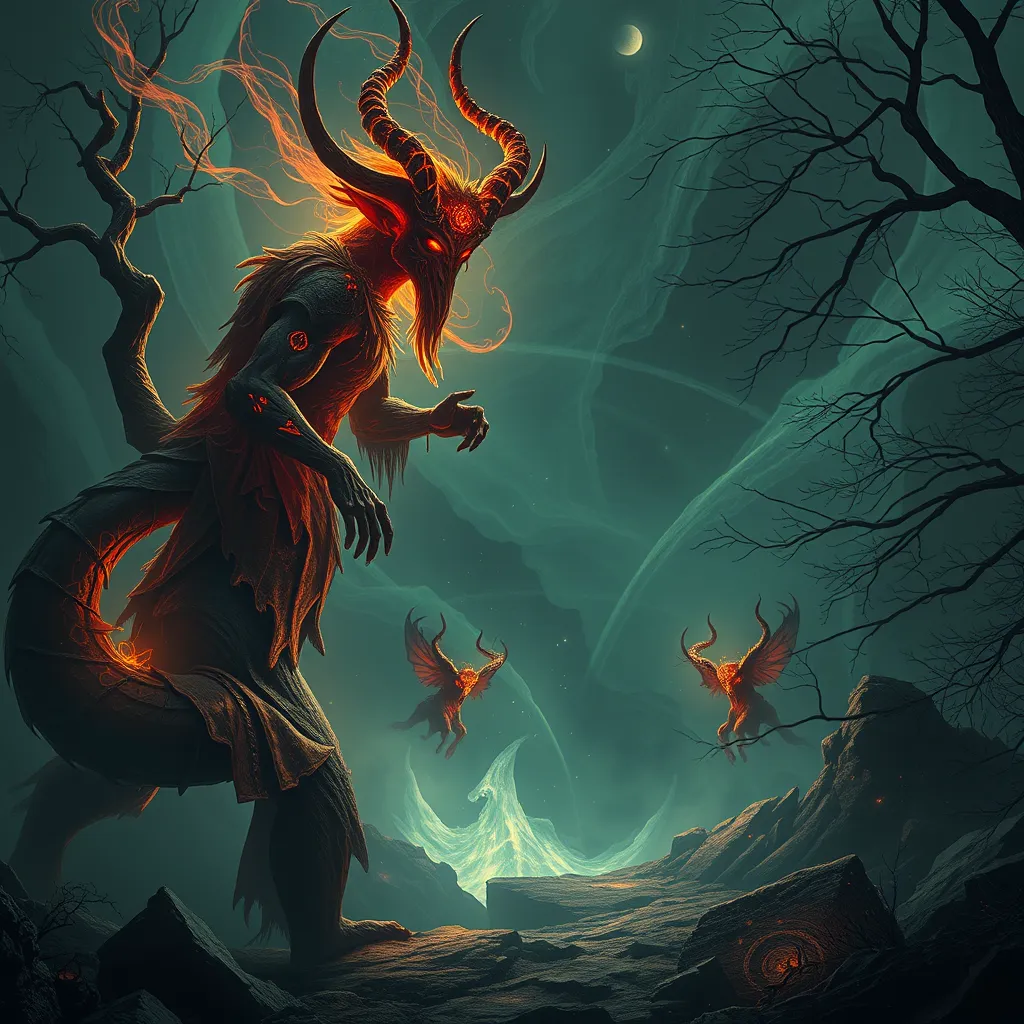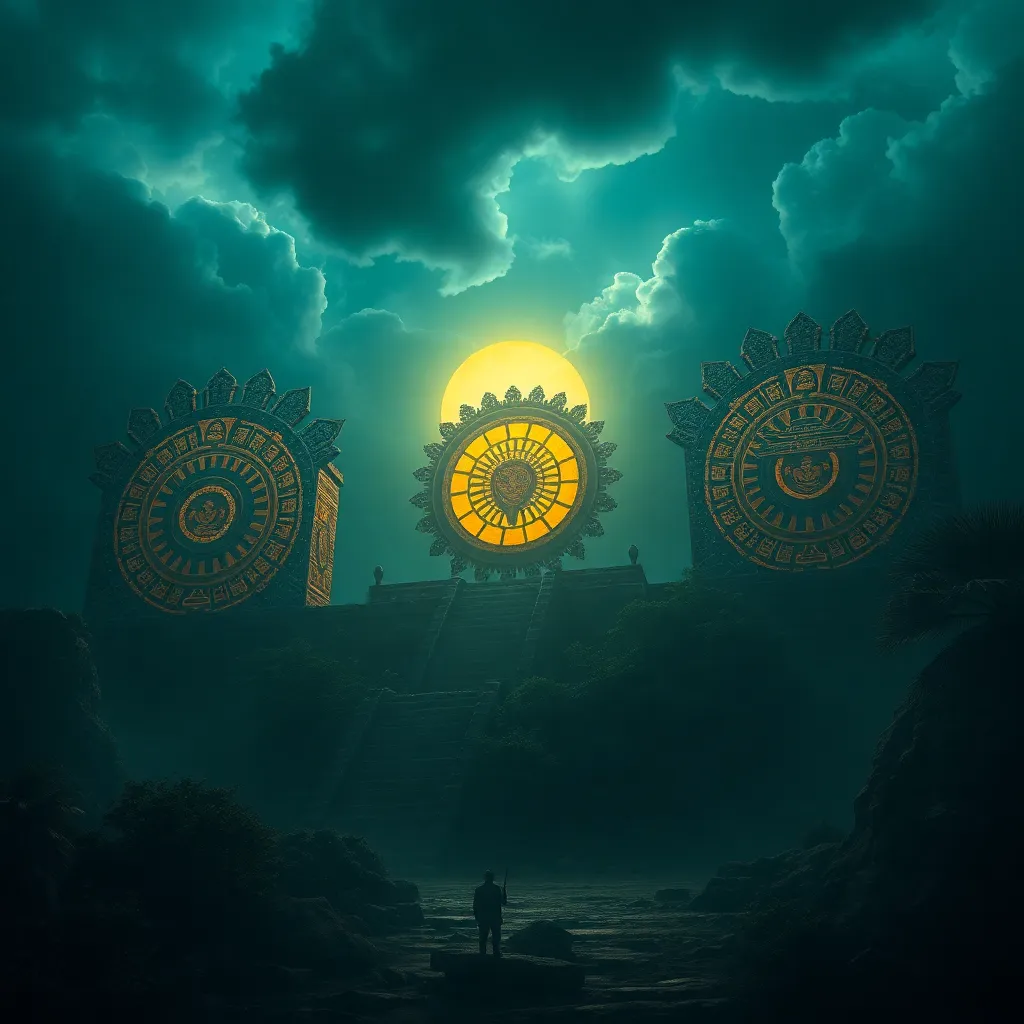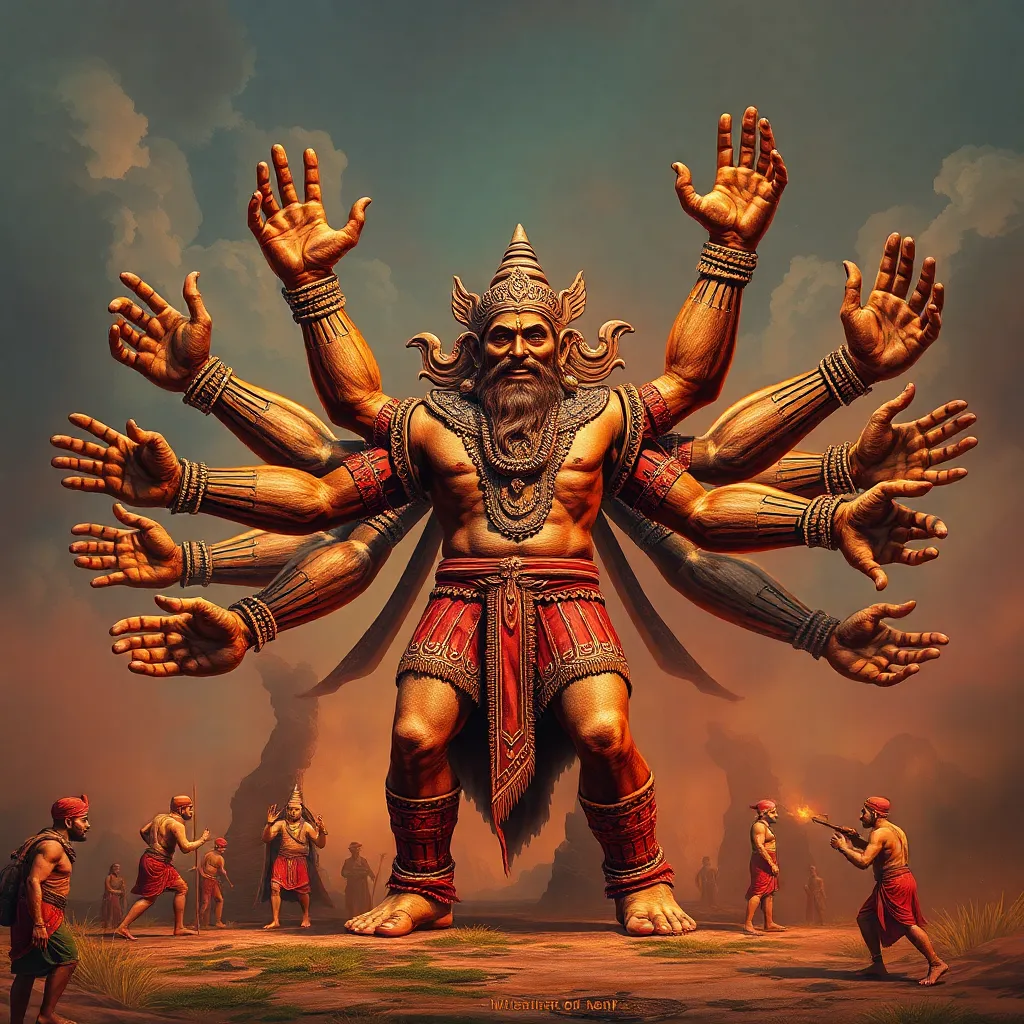The Jinn in Anatolian Folklore: Encounters with the Otherworldly
I. Introduction to Jinn in Folklore
Jinn, often referred to as djinn or genies, are supernatural beings originating from pre-Islamic Arabian religion and mythology. Defined as creatures made from smokeless fire, Jinn possess free will, similar to humans, which allows them to choose between good and evil. In the context of Anatolian culture, Jinn hold significant importance, intertwining with the region’s folklore, beliefs, and spiritual practices.
Throughout history, Jinn have been attributed various roles, ranging from benevolent guardians to malevolent tricksters. In Anatolia, the significance of Jinn transcends mere superstition; they are embedded in the cultural identity and storytelling traditions of the region.
II. Historical Context of Jinn Beliefs
A. Historical references to Jinn in ancient texts
References to Jinn can be traced back to ancient Arabic literature, including the Quran, where they are acknowledged as sentient beings created by Allah. Additionally, historical texts such as “One Thousand and One Nights” (Arabian Nights) illustrate encounters with Jinn, showcasing their diverse characteristics and roles in human affairs.
B. The evolution of Jinn narratives over time
Over centuries, Jinn narratives have evolved, influenced by the merging of different cultures, religions, and local beliefs. In Anatolia, traditional stories have adapted to reflect the region’s unique cultural landscape, resulting in varied interpretations and representations of Jinn. From ancient tales to contemporary narratives, the essence of Jinn remains a vital aspect of Anatolian folklore.
III. Jinn Types and Classifications in Anatolian Folklore
A. Common types of Jinn encountered in stories
Anatolian folklore categorizes Jinn into several types, each with distinct characteristics and behaviors. Some of the common types include:
- Marid: Often depicted as powerful and proud, Marids are known for their strength and ability to grant wishes.
- Ghul: These are malevolent Jinn associated with graveyards and the consumption of human flesh.
- Qarin: A personal Jinn that accompanies individuals throughout their lives, often influencing their thoughts and actions.
- Shayatin: The evil spirits or demons that tempt humans into immoral behavior.
B. Characteristics and attributes of different Jinn
The characteristics of Jinn vary widely based on their type. For instance:
- Marids are often portrayed as physically imposing and difficult to control.
- Ghul are cunning and deceitful, capable of shapeshifting.
- Qarin may possess knowledge of a person’s innermost desires, acting as both a guide and a source of temptation.
- Shayatin are often feared for their ability to sow discord and chaos in human lives.
IV. The Role of Jinn in Anatolian Society
A. Jinn in daily life and cultural practices
In many Anatolian communities, Jinn are considered part of the daily fabric of life. Rituals to appease or ward off Jinn are common, especially in rural areas. For instance, offerings may be made to Jinn to ensure good fortune or health, and certain practices are employed to protect homes from malevolent spirits.
B. Influence of Jinn on local customs and traditions
The influence of Jinn extends to local customs such as:
- Festivals celebrating the arrival of spring, believed to be a time when Jinn are particularly active.
- Folktales and storytelling sessions that educate children about the moral lessons associated with Jinn.
- Traditional music and dance that invoke the presence of Jinn, used to seek blessings and protection.
V. Encounters with Jinn: Folktales and Anecdotes
A. Notable stories of Jinn encounters from the region
Numerous folktales illustrate the fascinating encounters between humans and Jinn in Anatolia. One popular story features a shepherd who, while tending his flock, encounters a Marid. Through clever negotiation, the shepherd secures a wish that ultimately leads to his prosperity. However, the tale highlights the consequences of greed, as the shepherd’s subsequent wishes lead to unforeseen troubles.
B. Analysis of the moral lessons in these tales
Many Jinn stories carry moral lessons aimed at instilling values such as humility, caution, and respect for the unknown. They often serve as cautionary tales, warning against the dangers of hubris and the importance of understanding one’s limitations when interacting with the otherworldly.
VI. Jinn and the Concept of the Otherworld
A. Understanding the Otherworld in Anatolian belief systems
The concept of the Otherworld in Anatolian belief systems is rich and complex. It is often viewed as a parallel realm inhabited by Jinn and other supernatural beings. This Otherworld is believed to influence the material world, with Jinn acting as intermediaries between humans and the divine.
B. Jinn as intermediaries between the human and spiritual realms
Jinn are often seen as facilitators of communication between humans and the spiritual realm. They can deliver messages, grant wishes, or even serve as protectors. This intermediary role reinforces the belief that the human experience is interconnected with spiritual forces, highlighting the significance of respectful interactions with Jinn.
VII. Modern Interpretations and Representations of Jinn
A. Jinn in contemporary media and literature
In modern times, Jinn have found their way into contemporary media and literature, often depicted in films, novels, and television shows. These representations vary widely, from traditional portrayals in stories like “Aladdin” to more contemporary interpretations that explore the psychological and cultural implications of Jinn encounters.
B. The impact of globalization on Jinn narratives
Globalization has led to the blending of Jinn narratives with other cultural mythologies, resulting in new interpretations and adaptations. This cross-cultural exchange has both enriched the understanding of Jinn and diluted some traditional beliefs, as Western portrayals often simplify or romanticize these complex beings.
VIII. Conclusion: The Enduring Legacy of Jinn in Anatolian Culture
A. Reflection on the continuing relevance of Jinn in modern society
The legacy of Jinn in Anatolian culture endures, reflecting a deep-seated need to understand the mysteries of life and the unseen forces that influence our existence. In modern society, Jinn continue to be a source of fascination and inspiration, prompting reflection on the human experience.
B. The cultural importance of preserving Jinn folklore for future generations
Preserving Jinn folklore is crucial for maintaining cultural identity and heritage. As younger generations navigate a rapidly changing world, these stories serve as a bridge to their roots, offering wisdom and insight into the complexities of human nature and the world beyond. By keeping the tales of Jinn alive, Anatolian culture ensures that the lessons and significance of these otherworldly beings endure for future generations.




